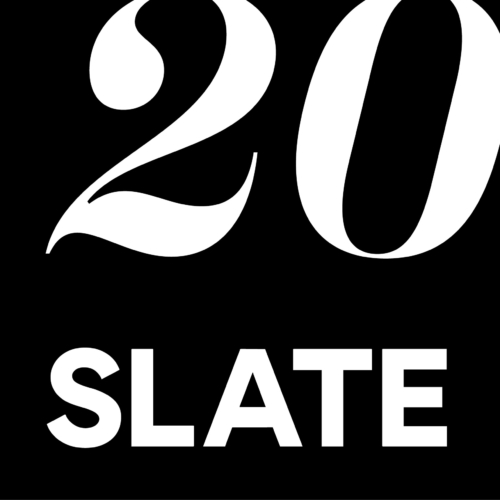“At Slate, not only does everyone have a seat at the table no matter their experience level, but everyone is expected to contribute their own unique perspective as well. I think that culture benefits individuals at all levels of the firm and helps junior team members in particular build confidence.”
Tell us about your role at Slate Asset Management.
I’m a Senior Vice President based in our Toronto office, and I focus mainly on corporate development. At Slate, this means examining how our business runs and linking information across all departments to align with the larger goals of our firm. It involves asking big picture questions such as: how can we grow, how can we position ourselves to achieve said growth, and how are we executing on what we set out to do in terms of these goals. I also work on broader strategic initiatives, like when we consider purchasing another platform or entering into larger deals that might impact the links between our business functions.
Alongside these areas, I am also leading the charge on linking our real estate teams and our technology group, which works on Slate’s proprietary asset management, transaction analysis, and analytics software platform. This tool has become a differentiating and critical resource that integrates all aspects of Slate’s operations and supports our growth across asset classes and geographies.
You started at Slate as an intern in 2013, and 10 years later you are among the firm’s leadership rank. How does Slate’s culture facilitate career progression?
I was an intern in 2013, when Slate was a 10-person company. The environment was very open and everyone, at any level, was always welcome in meetings. As an intern, I was able to witness how and why our business decisions were made, which is quite unique. Having that kind of access early on in my career really helped to shape my thinking and gave me the confidence I needed to make decisions with conviction.
At Slate, not only does everyone have a seat at the table no matter their experience level, but everyone is expected to contribute their own unique perspective as well. I think that culture benefits individuals at all levels of the firm and helps junior team members in particular build confidence. When you are regularly contributing in meetings and communicating with senior leadership, you have the opportunity to be visible and get recognized for strong ideas, which I think ultimately leads to better career progression.
How do you challenge yourself to continue to learn and grow in your role?
I’ve very intentionally taken the opportunity to wear many different hats during my time at Slate so that I can continue to add to my skill set and business acumen. Every time I shifted into a new role, I put my hand up to try new things and help with projects outside of my normal work stream. At every step, I felt that my managers were watching out for me and looking for new ways to challenge me and the rest of our team.
Slate’s leadership is really open to people making role changes to accelerate their growth. In fact, this way of thinking is part of the reason we have our Analyst Rotation Program today. These “rotations” used to happen informally when we were a 20-person company, but now at nearly 200 and counting, we’ve formalized that offering globally.
For me, moving into the corporate development function in the last year has created new opportunities for me to learn and grow. I’ve been able to witness firsthand some of our biggest deals and transformational transactions to our business.
What is something you are proud to have contributed to the Slate team and business?
Slate’s acquisition of Annaly was really significant to me – from the moment we originated it through to closing. I’m quite proud of my work on that deal in particular; not only was it the largest, and most complex deal we’ve done, but we did it all during the pandemic, which presented an additional challenge. Our team really came together and showed our resiliency, and ultimately reached a great result.
I’m also proud of the contributions I’ve made to our recruiting and culture. Up until this year, I led the recruiting program, putting processes in place to expand our reach on different university campuses, and implementing our Analyst Rotation Program. I get to witness the impact of these programs every day, and seeing people around the office that I’ve gone to bat for who are now taking on leadership roles is really rewarding.
You’ve seen Slate through some of our most transformative years. Where do you see the firm headed in the next 5 years?
I think we’re just getting started. We’ve executed on a lot in the past two to three years to lay the groundwork to grow substantially. We’ve doubled in size and built up a team of highly skilled and motivated people to execute on a clear vision that has been in the works through these developmental years. When I started as an intern, many people had never heard of Slate; it was just a group of 10 people working toward a shared vision. Slate has grown and evolved so much since then, and I’m so grateful to have been a part of it.
What is one piece of advice you learned in your early career that has stuck with you today?
The only two things that you can control are your effort and your attitude—you just have to own that every day. Anything can happen: the economy can go sideways, you could lose your job without it being your fault, but I believe if you give 100 percent on every task, do it with a smile on your face, and try to be a good person along the way, you will be rewarded despite outside factors.


